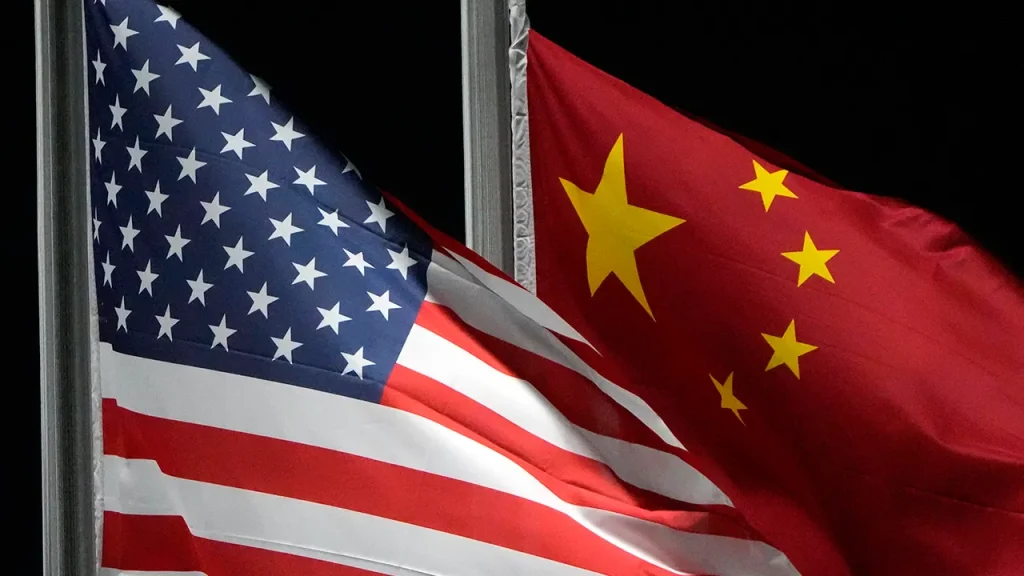The Kansas House of Representatives has passed proposals aimed at curbing Chinese entities’ economic influence, as well as entities from other “countries of concern,” including Cuba, Iran, North Korea, and Venezuela. The legislation includes restrictions on foreign ownership of farmland and business property, limiting state investments in foreign companies, and prohibiting the use of drones with critical components made in these nations. Supporters argue that these measures protect national security and military installations.
The legislation targets activities by individuals and companies from countries deemed as adversaries of the United States, as well as groups designated as terrorist organizations by the U.S. government. One bill restricts ownership of farmland or business property within 150 miles of certain high-security U.S. installations if citizens from these nations own more than 10% of a firm. Another bill requires the state to divest from companies with ties to these nations, while a third prohibits the acquisition of drones with critical components from these countries.
The votes on the bills were mostly along party lines, with the majority of Republicans supporting the measures and Democrats opposing them. Some Democratic lawmakers raised concerns that the bills were driven by anti-China sentiment and compared the land ownership restrictions to past discriminatory policies against Asian Americans. However, supporters of the bills argue that they are necessary to combat human rights abuses in the targeted nations and protect U.S. citizens from potential harm.
State Attorney General Kris Kobach has proposed even stricter restrictions, including prohibiting any foreign national from owning more than 3 acres of property in Kansas and setting up a new State Land Council to review individual cases. Democratic critics have warned that these measures could negatively impact immigrant small business owners seeking U.S. citizenship and may not effectively address national security threats. Despite opposition, the bills are advancing to the GOP-controlled state Senate for further consideration.
Proponents of the legislation argue that it is essential to safeguard against potential threats to national security posed by foreign entities owning critical assets such as farmland and business property. They believe that these measures are justified by the human rights abuses and destabilizing actions of the targeted countries. However, opponents view the restrictions as discriminatory and potentially harmful to immigrant communities and small businesses in Kansas.
The debate surrounding the proposed legislation highlights the ongoing tensions between national security concerns and economic interests, as well as the complex relationship between state and international policies. As the bills move forward for consideration in the state Senate, it will be essential to carefully evaluate the potential impacts of these measures on both security and economic interests in Kansas. The outcome of these debates could have long-lasting implications for the state’s economic and security landscape.


